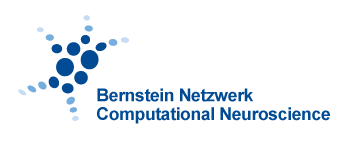Neural Diversity and Computation – Towards a Mathematical Account of Tissue Heterogeneity in the Brain
Organizers
Richard Gast | Northwestern University, USA
Jeremie Lefebvre | University of Ottawa, Canada
Abstract
Recent technological developments in cell type identification, synaptic tracing, and multi-neuron recordings have led to massive data sets for cell-type-resolved brain structure and dynamics. These data sets have not only identified new cell types, but also revealed a previously underappreciated level of neural and synaptic heterogeneity within cell types. In contrast, most mathematical models of brain function focus on networks with a few classes of neurons (e.g. one excitatory and one inhibitory), where neurons within a particular class are considered as identical. This workshop will address how different aspects of brain heterogeneity can be expected to affect neural dynamics and computation. Together, we will discuss (i) how the heterogeneity gap between neural network models and biological neural networks may bias our theories of structure-function relationships in the brain, and (ii) how various aspects of brain heterogeneity may interact to achieve stable brain function. In the first session, we will gain insight into the wealth of synchronization patterns that can arise in complex networks and how they are affected by structural heterogeneity. We will then learn about the level of neural heterogeneity expressed in human cortex, and discuss how the results from complex network studies may translate to brain networks. In the second session, we will move on to discuss different approaches that have been employed to explain how neural heterogeneity supports computations in spiking neural networks, supported by evidence from computation with heterogeneous neuromorphic devices. In the final session, we will discuss a range of theoretical results that connect different heterogeneity-inducing aspects of neural networks to emergent network dynamics and computation. We will conclude the last session with an extended discussion of how the various heterogeneities that exist in the brain may serve distinct purposes in the organization of the brain dynamics and function.




